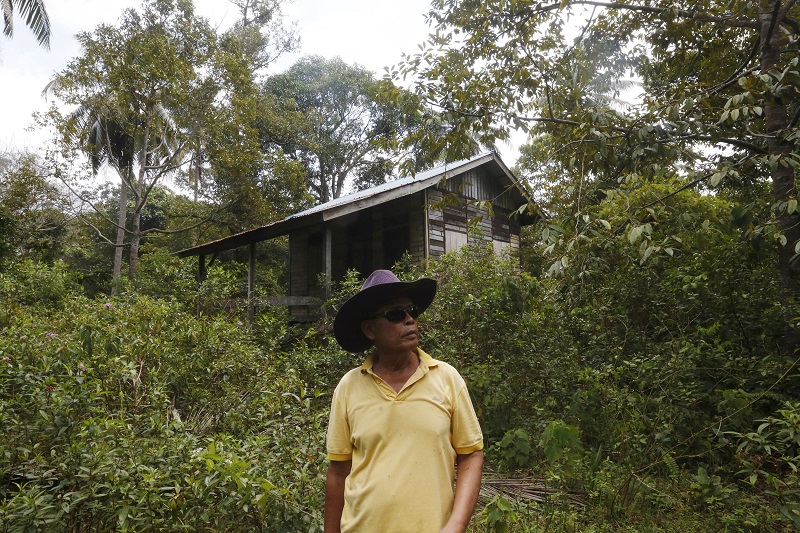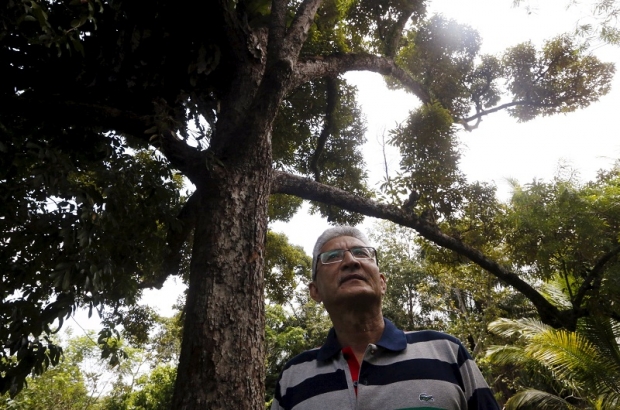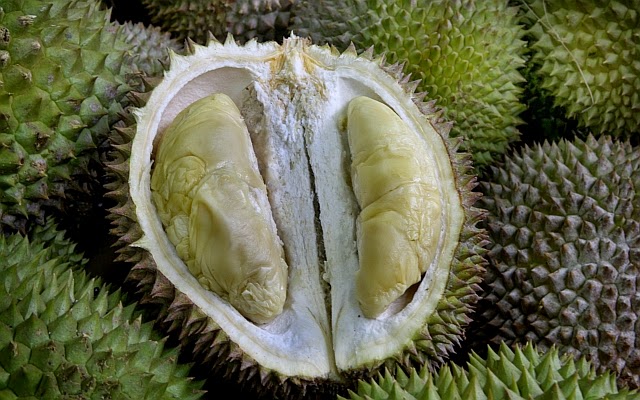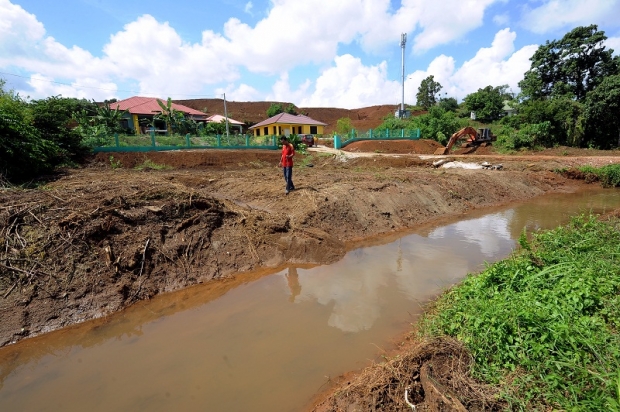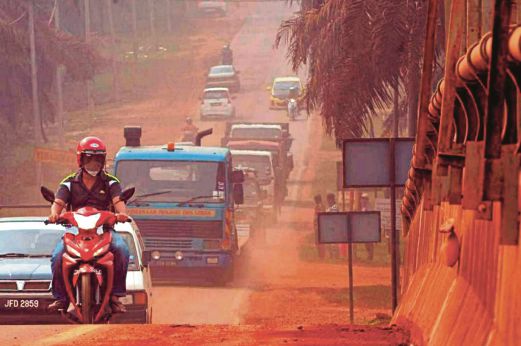There Could Be A Serious Shortage Of Durians If Bauxite Mining Continues In Pahang
The durian planters said that there were lesser output of durians because of environmental damage and more land that was given over to mining.
Durian farmers from Pahang are planning to march over 250km to the Parliament in Kuala Lumpur over the span of nearly two weeks to protest against the impact of bauxite mining on durian
"We will march to submit a memorandum to parliament ... I'm doing this for myself and all future generations to fight for our environment," durian farmer Che Long Che Ali said, adding that farmers wanted tougher regulations on bauxite mining or even a permanent ban.
"My durian trees didn't fruit last year. Our rivers and the air we breathe are polluted. People have fallen sick," Che Long said, with the march expected to begin around the middle of next month.
Durian farmers have claimed to have lesser sales due to lower output of the crop and have attributed environmental damages and lesser land as the main causes
Durian planter Abdul Rani stands in his durian orchard, which no longer produces fruit, in an area mined for bauxite in Kuantan.
Image via ReutersFarmers blame ore dust for disrupting pollination while environmentalists note that the habitat of birds, bees and bats - natural pollinators of the durian flower - are destroyed when land is cleared for mining.
The Malaysian Nature Society also said that land used for mining would likely become infertile due to heavy-metal contamination, meaning rehabilitation for agriculture would be long and expensive
Koh Yen Boon, a durian seller in Kuantan, said his sales volume dropped by about 30 percent last year.
“There was less produce to sell... The remaining trees were covered in red and brown dust,” he said.
Durian, popularly known as the “King of Fruits”, is a national pride
After Thailand, Malaysia is the world’s No. 2 producer of durian, banned in many hotels and airports because of the sulphurous smell of its sticky flesh – although many consider that scent part of the eating pleasure.
China is its key market for frozen durian and related products.
Malaysia’s durian industry is not huge – government figures show 2014 frozen shipments to China were worth just more than US$1.2 million (RM5.06 million).
It was revealed that bauxite miners have been offering a great sum of money to lease farms around the mining areas
A durian farmer in Kampung Beserah, who only wanted to be known as Pak Ajis, admitted he made quite a sum by leasing his durian farm of almost one hectare.
Declining to reveal the amount of money he received, Pak Ajis, 62, however, said he was literally forced to lease his farm after it was intruded by a rogue bauxite miner at the end of 2014.
"I initially did not want to lease my farm for bauxite mining but when my durian trees were felled without my knowledge, I had to lease to him in the end."
"I claimed RM5,000 from him for damaging my trees and on seeing the helpless situation, I gave in to lease my farm. I later discovered that other bauxite operators were offering even higher prices for our farms," he said, adding that more than 30 farmers had leased their land.
Early last month, the government imposed a three-month ban on bauxite mining following public outcry over the detrimental damage on the environment
Malaysia, the biggest shipper of bauxite to China, will stop mining ore for three months to cut river and sea pollution, Natural Resources and Environment Minister Wan Junaidi Jaafar said.
The ban takes effect from 15 January in Pahang, the largest producing state, Wan Junaidi told reporters.
Exports will be allowed during the moratorium to reduce port inventories, and after the suspension the government will limit bauxite production to the capacity to ship the material, he said.
Parts of Pahang have been transformed over the last few years by a mining boom ever since Malaysia emerged last year as a major provider of bauxite after leading producer Indonesia banned ore exports
Malaysia supplied more than 40 percent of China’s imports of the aluminum-making raw material last year after Indonesia imposed a ban on shipments in January 2014.
China produces about half the world’s aluminum used in everything from aircraft to door frames and drink cans.
The country’s exports of the metal and its products surged 36 percent in November from the previous month, helping push global prices down 19 percent in 2015.
